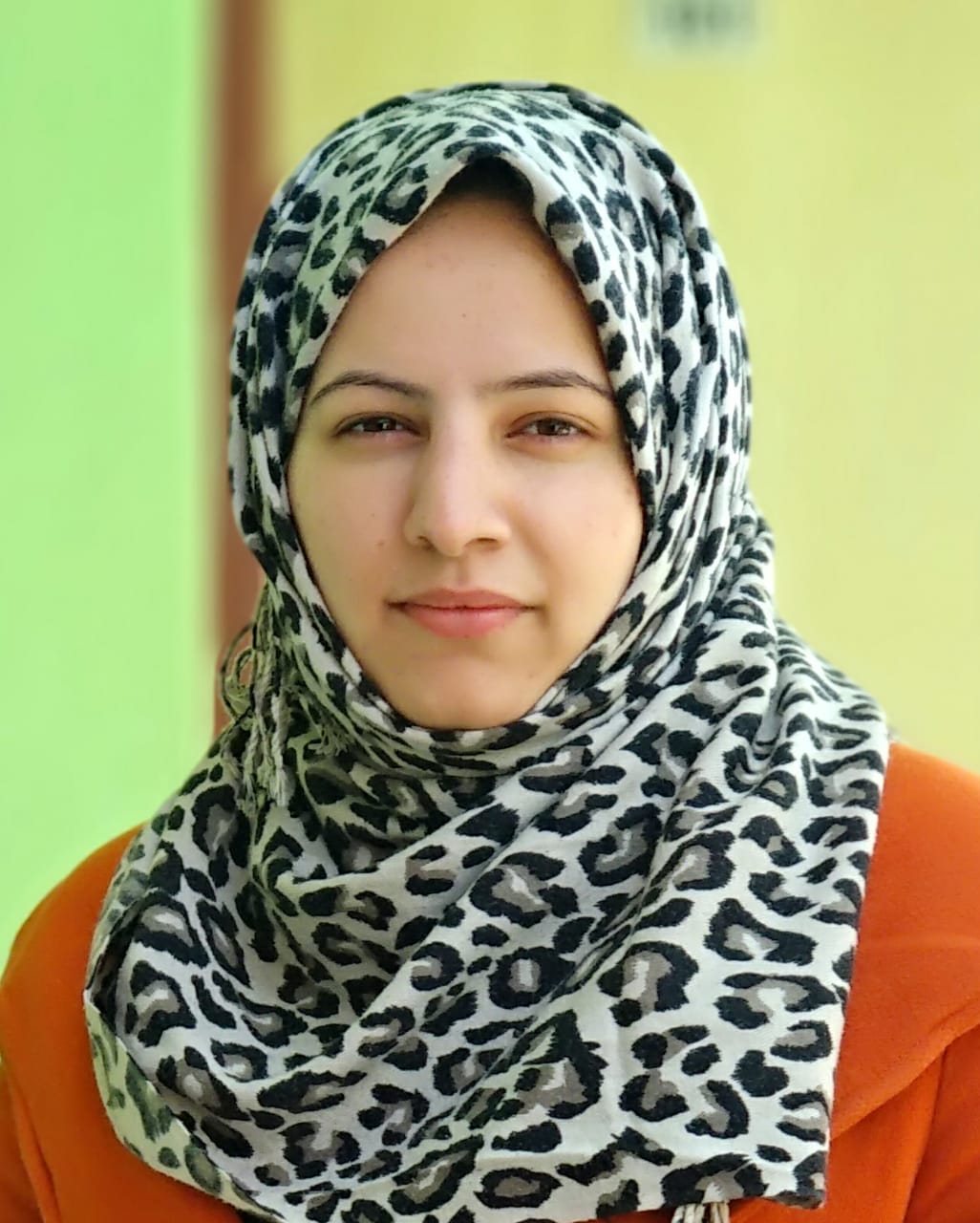Updated: Jul 1, 2020
Srinagar: Independent Kashmiri photographer Masrat Zahra said she received a “pleasant shock” when she heard on 11 June 2020 that she had won a prestigious international photojournalism award.
It was some mitigation for recent unpleasant shocks, the latest of which Zahra, 26, heard of a day after the award, when she found out that the Jammu & Kashmir police had constituted a special investigation team to investigate anti-terrorism charges for what they said were “anti-national” Facebook posts.
Confirming the news to Article14, Senior Superintendent of Police (SSP), Srinagar, Haseeb Mughal said: “It was just 2-3 days ago that the case was shifted to Sadder Police Station, Srinagar, and a special investigation team constituted. The investigation in the case is on, and as of now this is the status of the case.”
The fear of imminent arrest frightened Zahra so much that she rarely posts on her social media. In recent months she has struggled to work and has trouble sleeping.
“It is like a sword is hanging on my head all the time,” she told Article14, a day after winning the 2020 Anja Niedringhaus Courage In Photojournalism Award from the International Women’s Media Foundation. “My nights have become nightmarish. Once the investigation is over, what will happen? This thought pierces my heart.”
Zahra was booked under a section of the Unlawful (Activities) Prevention Act (UAPA)–an anti-terror law–that carries a jail term up to seven years, for Facebook posts of her work.
The police accused her of posting photographs and comments “with criminal intention to induce the youth and to promote offences against the public tranquillity and for uploading posts that tantamount (sic) to glorify the anti-national activities and dent the image of law enforcing agencies besides causing disaffection against the country”.
Zahra, whose work has featured in the Washington Post, Al Jazeera and The Caravan, found out about the charges only when she logged on to her Twitter account on 20 April.
Fear And Censorship
When we called her, Zahra was celebrating her award with her family and friends and did not know a special investigation team had been formed to investigate the charges against her.
“They (police) just summoned me once to the cyber police station, and since then I don’t know what the update about the case is. They didn’t even call me after that,” said Zahra who believes that the award she has received will silence those who called her a ‘Facebook user’ and not a professional photojournalist.
The award is a ray of hope for Zahra, who has been struggling to focus on work after being booked under the UAPA, a law frequently criticised for the broad authority it grants the state in holding suspects without charge, even before a crime is committed, with bail difficult.
The thought of being arrested anytime, she said, was “constantly killing me inside out”.
“I was self-censoring my work,” she said. “What to keep and what not to. Which photos could create trouble and which ones would be safe to keep. The UAPA did have an impact on my work.”
“In March when the lockdown was announced and amid the rise in Coronavirus cases, I was at home,” said Zahra. “But in April when I was booked, I resumed work and thought I would keep myself engaged. I remember it was Ramadan and I was on an assignment–Ramadan during lockdown. For an assignment that I could have previously completed in less than a week, it took me a month. I was not able to focus.”
Silencing The Critics
Zahra’s five-year career has not been easy. The daughter of a driver with the Power Development Department, she once said in an interview to News18 that her parents “don’t support me in my journalism and want me to quit. They even hid my camera bag”.
“I am happy that my work has finally been recognised,” she told us. “Winning an award like this is an acknowledgement of the circumstances in which journalists work in place like Kashmir. It is a tribute to all those journalists in Kashmir who risk their lives and face continuous threats.”
The Anja Niedringhaus Courage In Photojournalism Award is named after a German photojournalist who was killed in Afghanistan in 2014, and recognises the contribution of women photojournalists working in difficult situations.
Zahra’s working circumstances have certainly been difficult.
A History In Images
Among the images Zahra posted was a photo of a woman who suffered from panic attacks after her husband was killed; a record of homes reduced to debris by security forces during firefights; and a Shia procession with mourners holding photos of Hizbul Mujahideen leader, Burhan Muzzafar Wani, slain by security forces on 8 July 2016.
All the photographs Zahra shared on her Facebook and Instagram accounts were published images. She did not imagine that one day these posts would land her in trouble.
After charges were framed against her, Zahra said she was disheartened to see how her work had been used against her. The police filed charges under Sec 13 of the UAPA and section 505 of the Indian Penal Code. The police said Zahra was not a journalist, but a Facebook user.
A police officer, who spoke on condition of anonymity, said Zahra owed the award to the case against her. “You know, whenever the police try to prove that a certain person can be a troublemaker, there are other agencies who will try to give awards to that person,” he said. “This is a conflict zone, it happens.”
(Shafaq Shah is an independent journalist based in Srinagar.)

